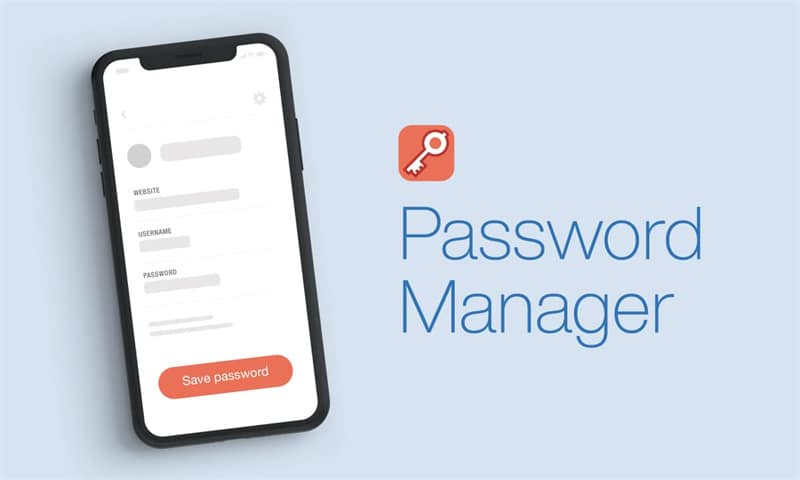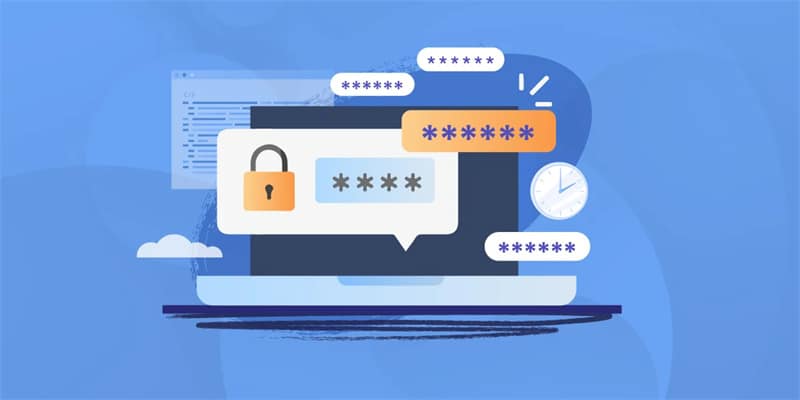
Password managers are true lifesavers that can make your life much easier. The question is, do you really need one, and why?
Certainly, the answer to whether you need a password manager is a resounding yes. However, the real question is why. In today's world, we rely heavily on online services for everything from entertainment to bill payments, and it's easy to stay logged in on mobile apps. But when it comes to managing multiple passwords on a computer, the task can become challenging, and remembering them all can be a hassle.
This is particularly true for people who engage in online gambling, such as playing at online casinos or placing sports bets online. The allure of enticing welcome bonuses and ongoing promotions can encourage players to create multiple casino accounts. The prospect of receiving the next best no deposit bonus might be all the reason needed to sign up at yet another casino and explore the unique experiences it may offer, surpassing those of other casinos.
Regardless of the situation, most people today need a password manager to remain calm, organized, and efficient with their time by avoiding the frustration of forgetting or constantly resetting passwords.
What do Password Managers Do?

Password managers are tools that may come in the form of software, web-based apps, browser plugins, or a hybrid of two or more of these models. Essentially, they save you time and brain power to remember passwords.
Passwords become troublesome when you have more than a handful of websites or services that require one. A password manager can store multiple passwords that spring to action by auto-filling the set of characters and numbers you'd choose as your password for a specific website.
The main feature of a password manager is that it is guarded by security protocols that consumers can trust – like the military-grade AES 256-bit or XChaCha20, one of Google’s picks. It is no secret that you are entrusting all of your login details to a single provider who doesn't have access to your own password, called the Master Password.
The last detail is essential as it enables you to access your passwords when you need them. But let's proceed by investigating a few crucial elements of password managers.
Is A Password Manager Really Necessary?
While we provided a brief response to the question earlier, it's worth expanding on the topic. You don't need a password manager if you have a single email address. The real world thinks otherwise.
The overwhelming majority of people living in the digital age tend to have more than a single email and more than one other website where they log in with a password. Streaming services, banks, e-wallets, social media, gaming platforms, online casinos, web stores, specialty websites — literally, any place that requires you to log in adds another piece of information for you to remember.
It can be challenging, considering the fact that different websites set a specific requirement for the strength of the password. Some don't let you use your first name or last name or even a part of it. Usually, a minimum number of characters is required for a password. Furthermore, some websites require a special character, uppercase letter, or number. Included in your password Some require one of these, and others require a combination of two or all.
Password managers are designed to simplify your online experience by taking care of the complex task of managing your passwords. Failure to use a password manager often results in the need to reset your passwords every time you try to access a website that you don't frequently visit.
Trying to remember passwords can be frustrating since most people can't recall them accurately, which can result in getting locked out of a service if you enter the wrong combination of letters, numbers, and characters multiple times.
How to Use a Password Manager?
The basics of using a password manager are finding one you like (or can trust) and setting up your master password. Once you've fulfilled the bare minimum, you should explore the tool and get familiar with its features.
For starters, you need to come up with a really strong master password. All password managers let you enter a website and store its password there. This intuitive software makes organizing your services and passwords a piece of cake.
Ideally, you will remember the master password by heart even when woken up in the dead of night. Nevertheless, if it involves 15 alternating uppercase and lowercase letters and characters, do write it down and keep it somewhere safe.
Safety Tips for Using a Password Manager

Password managers are accessed with a single master password. If you somehow lose this information or make it available to others, you risk getting all of your passwords stolen. Yes, this is the shocking truth about password managers, But we don't plan on sharing that credential with anyone else, right? Here are a couple of tips on how to play it safe with the password manager:
- Rearrange your logins in order of importance within your password manager's workspace. Instead of placing your email or bank login at the top, consider shuffling them about. If your password manager allows you to customize the names of the websites, you can label each in a way that makes an important website or service less conspicuous.
- Another precaution you can take is to create spoof websites and login details. By doing so, you can create several that lead nowhere while keeping your important information secure. However, this is not entirely foolproof, as those with basic knowledge may look at the links. This depends on the password manager service you choose and whether or not they have implemented ways to enhance your security.
Final Thoughts
Password managers are a great asset to have in life, especially for those who play at online casinos. As a player, you want to ensure the safety of your deposits and winnings. A password manager can provide immense assistance by eliminating the need to remember multiple passwords created using varying requirements.
Ultimately, a reliable password manager can make your life easier, and it's a wise investment. The cost of these services typically ranges from $20 to $60 per year.










